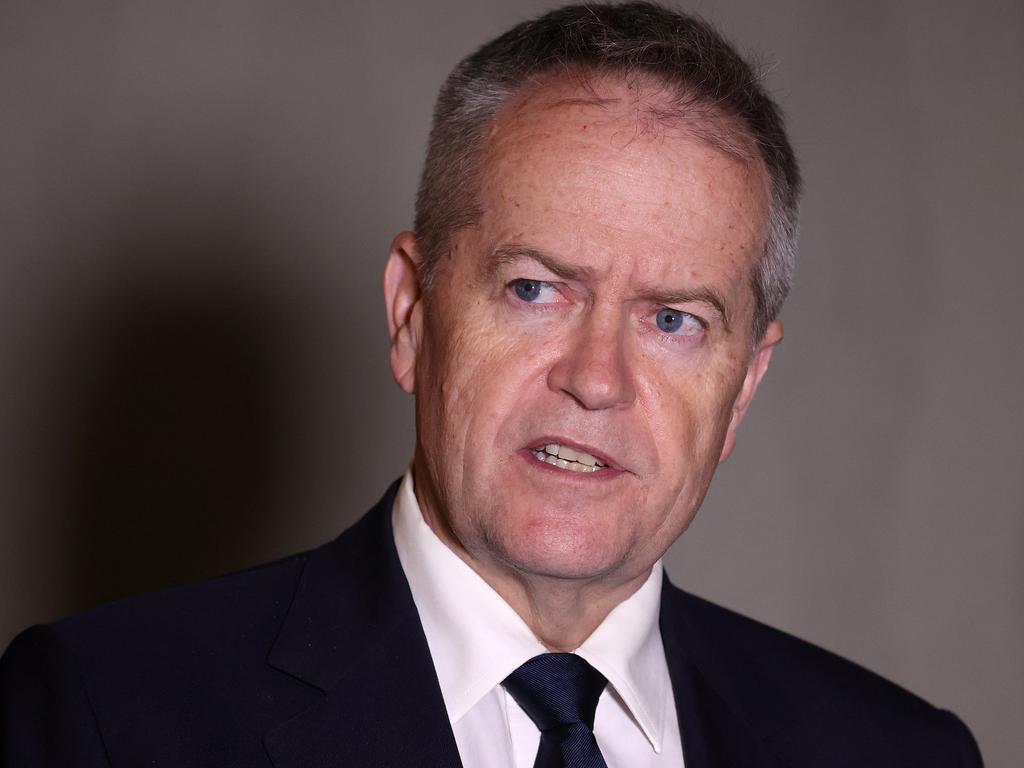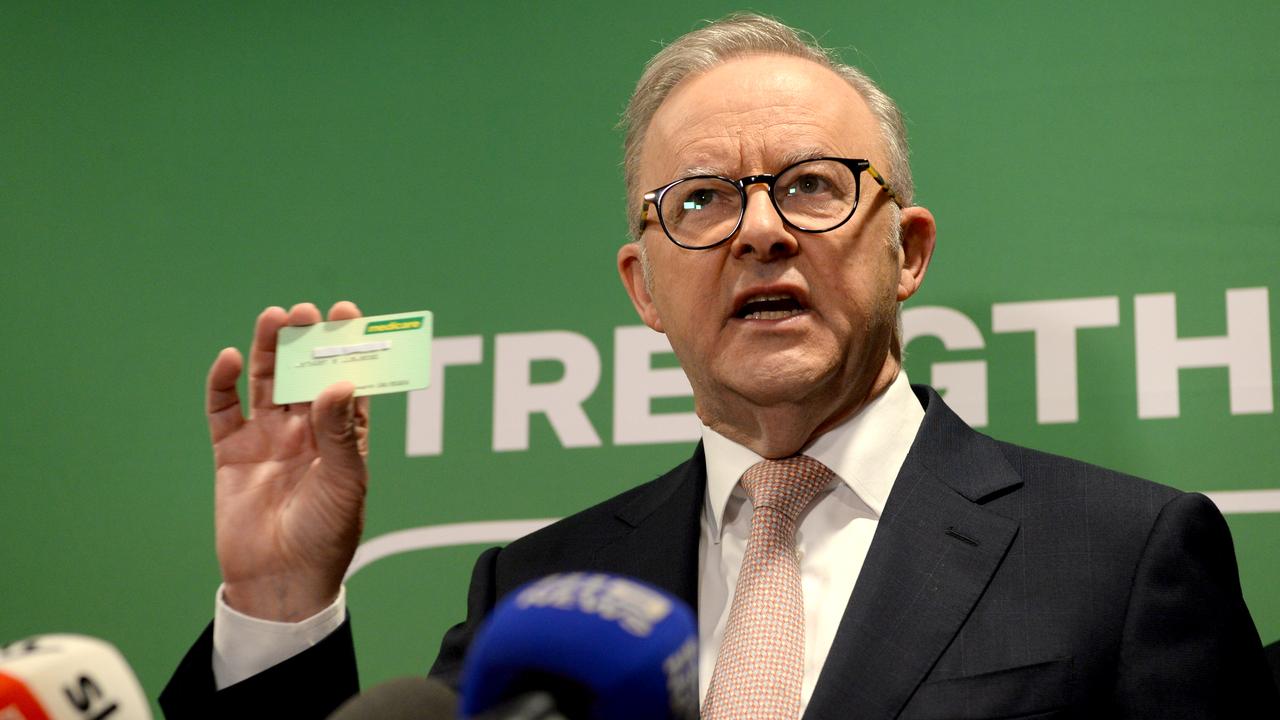Queensland rejects criticism it is short changing people with disability
The Queensland Labor government has hit back at criticism it had cut mainstream disability support and was using the NDIS as a replacement for services.
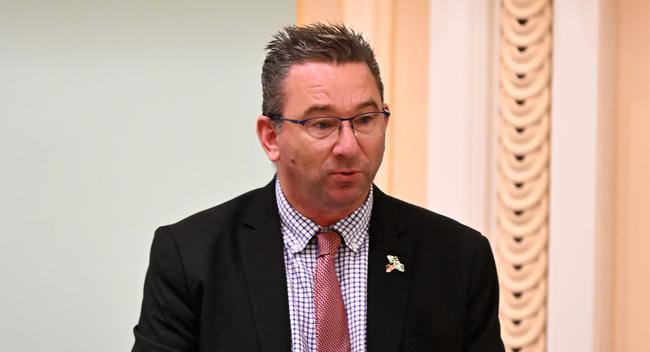
The Queensland Labor government has hit back at criticism it had cut mainstream disability support and was using the National Disability Insurance Scheme as a replacement for services in health, early childhood, education and housing.
State Disability Minister Craig Crawford said Queenslanders were paying billions of dollars in taxes to support the $35bn-a-year cost of the NDIS and were also paying for scheme participants still in state hospitals.
Responding to a speech by the NDIS review co-chair Bruce Bonyhady on Tuesday that warned governments at all levels, service providers and some participants were treating the NDIS “as a limitless resource”, Mr Crawford said his state was looking after all people with disability, including hundreds of NDIS participants in state hospitals.
“I absolutely reject criticism that the states and territories vacated the field when we all signed up to the NDIS at the request of the federal government and gave them billions to provide specialist disability services,” he said. “Every year Queensland taxpayers tip more than $2bn into the NDIS bucket. We want to see the scheme working properly for people living with disability, and we want to see value for our economy.
“We are still caring for hundreds of long-stay patients with disabilities in state hospitals, and we want the federal government to focus on their transition to the community.”
Mr Crawford said his government provided a wide range of critical services for Queenslanders with disability ineligible for the NDIS through agencies including education, transport, communities and housing.
Professor Bonyhady told a conference in Newcastle that the NDIS was being treated like a “magic pudding” by stakeholders including local and state governments and federal departments.
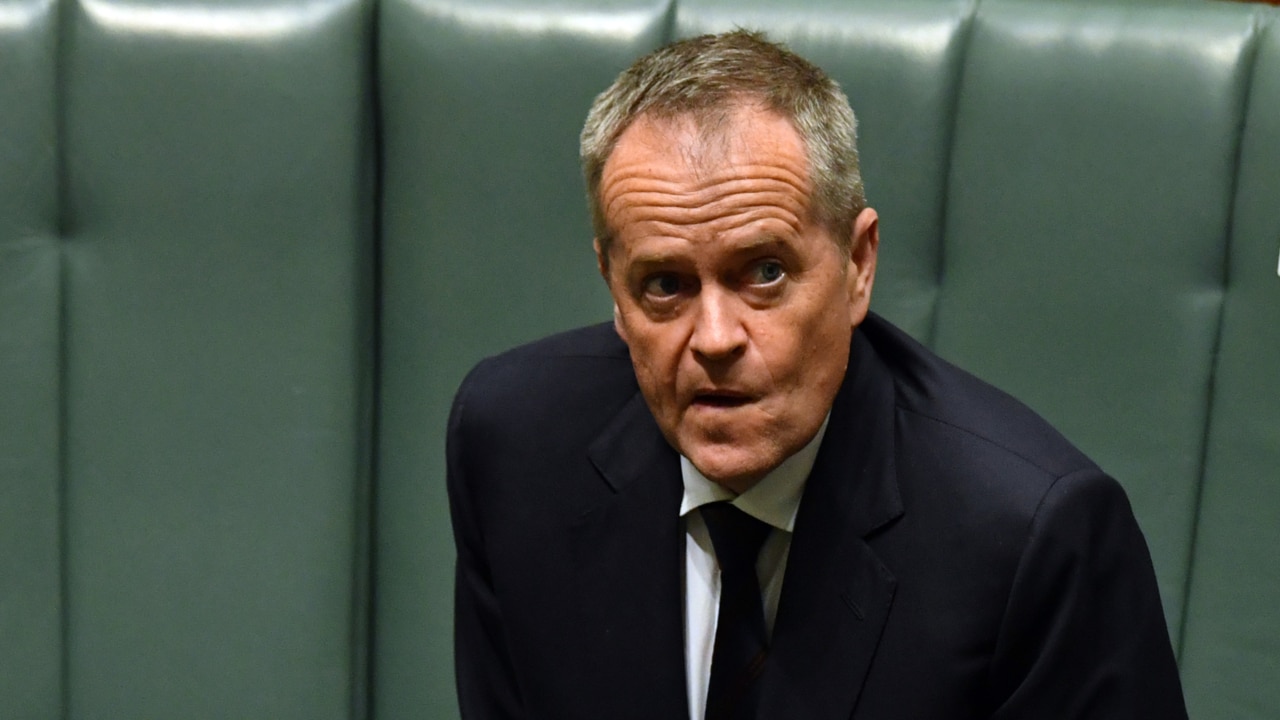
He also warned costs were rising faster than was understood, and were in danger of overshooting the 8 per cent growth target by 2026 imposed by national cabinet in April. The federal and state governments fund the NDIS, with the federal government paying about two-thirds.
While the NDIS review will report to the Albanese government in October, Professor Bonyhady offered some clear hints of its thinking, including reforms to the determination of “reasonable and necessary” NDIS supports, finding pathways outside the scheme for children with developmental concerns and improving the market for support services.
NSW Minister for Disability Inclusion Kate Washington said her government was committed to improving services for the more than a million people in the state with a disability not on the NDIS.
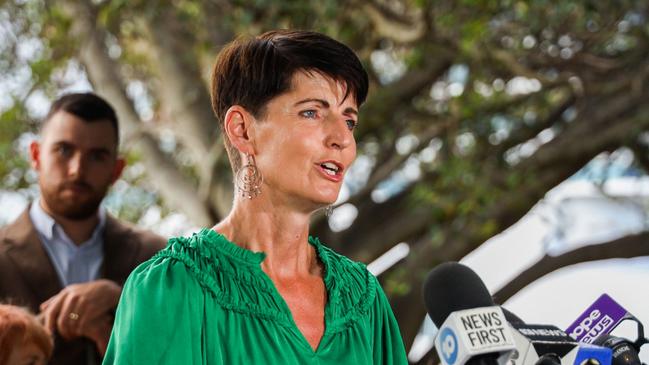
“We have a lot of important work to do to make our schools and hospitals and transport systems more accessible, but as a new government, we take the task seriously,” she said.
With the NDIS one of the fastest rising costs to the federal budget, the review’s final report in October is much anticipated.
But NDIS Minister Bill Shorten warned capping the cost of the scheme or imposing means tests or co-payments would be policy surrender, not reform.
Mr Shorten said calls for blunt cost controls were lazy thinking, and the NDIS could be made sustainable through more targeted reforms including cracking down on overcharging and finding more disability support from outside the NDIS. “When you hear politicians say just cap the scheme, just means test the scheme, when you hear some businesses say it should all be co-payment, that’s not actually reform,” he said.
“It’s laziness. It’s the tyranny of low expectations and saying actually the scheme is too hard to run individually so people can have fulfilling lives. So let’s put it in a room, cap it, means test it, co-pay it and just forget about it.”
He said the focus on costs too often ignored the profound difference the NDIS was making.


